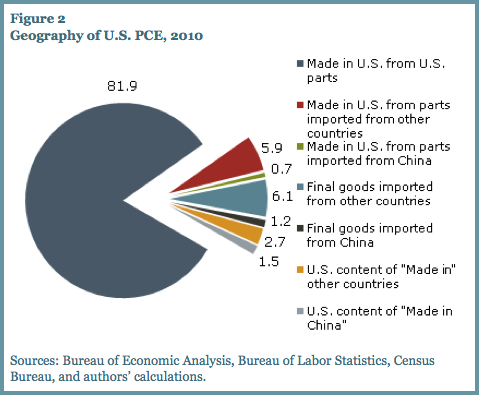Re: Yes Virginia...It's a Bubble...
1. the immediate answer is that their care would be inversely proportional to their gold holdings.
2. the bigger answer is that that they would care to the degree that they feel threatened by china's assertion of the power to make such a unilateral declaration.
3. another thought is that this is essentially equivalent to china making a market bid for gold at $20k/oz, but redeemable only in the equivalent value of chinese products.
4. gold would then trade at a discount to the 20k value for market participants who don't themselves want to buy chinese products with the proceeds.
Originally posted by coolhand
View Post
2. the bigger answer is that that they would care to the degree that they feel threatened by china's assertion of the power to make such a unilateral declaration.
3. another thought is that this is essentially equivalent to china making a market bid for gold at $20k/oz, but redeemable only in the equivalent value of chinese products.
4. gold would then trade at a discount to the 20k value for market participants who don't themselves want to buy chinese products with the proceeds.









Comment